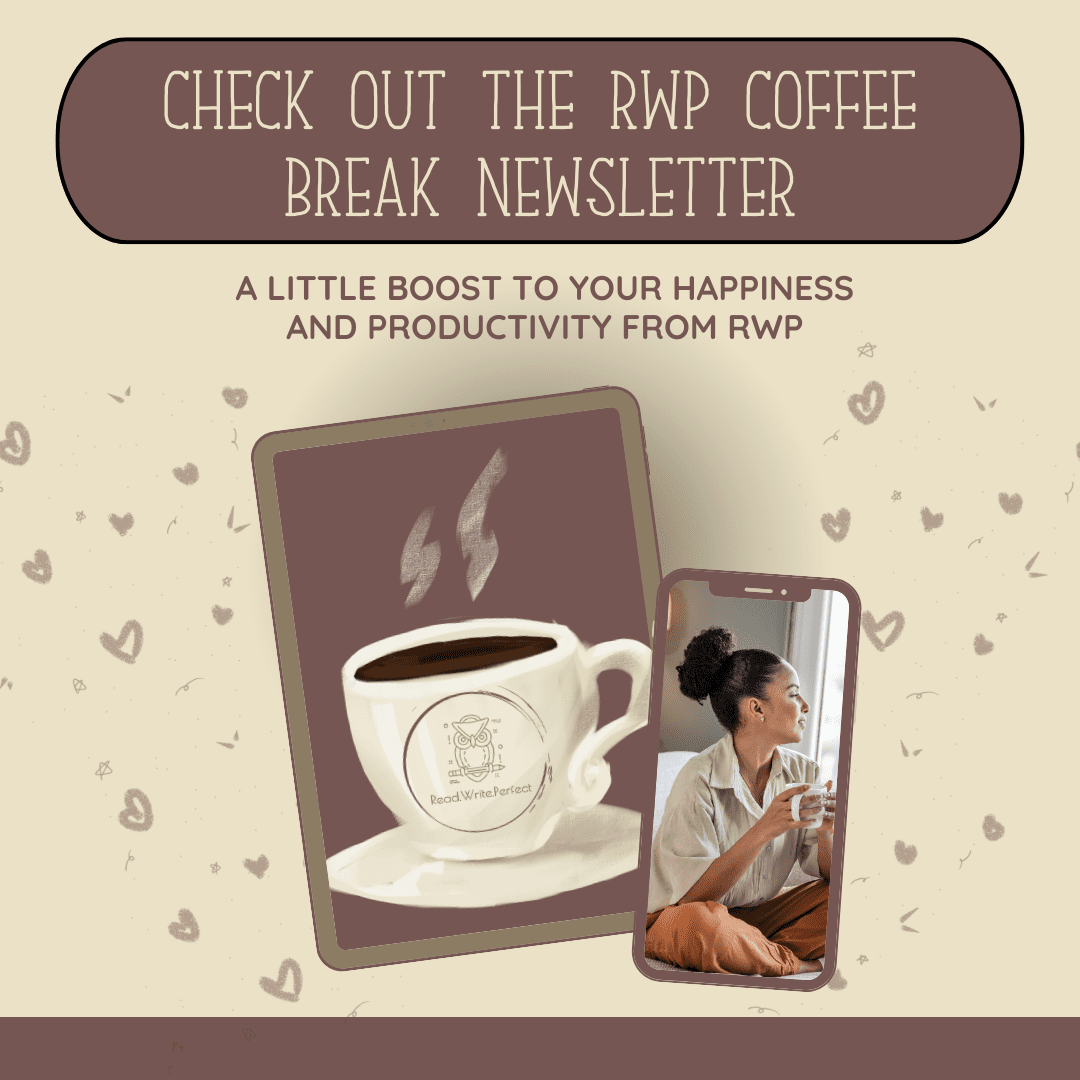
In this post, you’ll learn:
One of the most frequent concerns I see with my new students is that the literature review can seem a daunting and potentially endless task. How do you know what to look for? How do you know what to include and what to leave out when writing up? How will you know when to stop? In this post, I share some top tips to help you get started with your literature review.

The purpose of your dissertation literature review is to clearly demonstrate the research gap that your research will fill. Once you understand this, this rest is easy. (Ok, well, maybe not – but it’s certainly easier…)






In other words, it’s the slot your thesis research fits into in the bigger picture of your field.
Let’s think about COVID-19 vaccination research as an example. Obviously, there are a lot of researchers already working on research in this field. However, there are still enough questions that have not been answered (i.e. research gaps) to mean that at least one vaccine—the Johnson & Johnson—had to be pulled out of circulation due to unexpected side effects. When researchers were considering the safety of the vaccine, they did not anticipate the need to study this particular side effect: it was a research gap. If some enterprising graduate student had spotted this gap before the release of the vaccine, it would have made an awesome dissertation topic.
As you research your chosen topic, keep a note of any questions you (or the authors of the studies you read) have identified as unanswered. Then, do more research to find out if anyone else has attempted to answer those questions. If they have, consider how satisfactory the answers are. Where a question remains unexplored, unanswered, or unsatisfactorily answered, you have identified a research gap.
If you have spotted the hitch in this simple plan, well done. Yes – this is going to mean a LOT of reading. To correctly identify a research gap, you are going to need to read extensively in your chosen topic. In fact, you are going to need to read just about everything that pertains to your topic. This is one reason having a narrowly focused research question is so important.






You will want to find out who the key players are who are already researching your topic, what the key and trending issues and questions are, and what the “founding fathers”—the key thinkers in your field—had to say about the topic. Looking at these foundational sources will give you the starting point you need to start identifying a research gap.






In other words, you can think about stopping if you can with confidence state something like this:
“I have read all of the important / recent / significant sources on X and it is clear that no one has yet satisfactorily proven / shown / answered Y.”
Once you are able to make a statement like this, you are probably ready to start writing up your lit review.






In this sense, your literature review will be a greatly expanded version of the research background presented in your introduction. Your aim is to provide your reader with an understanding of the bigger picture into which your research fits. This will necessarily involve some tough decisions about what to include in detail and what to sparsely summarize.
The most important tip I can share here is to not try and summarize every separate source individually. Instead, try to summarize key ideas, findings, or themes, indicating for each summary the key sources that all contribute to that summary.
For example, in our earlier COVID-19 vaccination study, it would not be necessary for our hypothetical dissertation study to summarize each and every source that had independently established that the COVID-19 vaccination does not cause cancer in shop-keepers, skateboarders, elderly chess players, dogs, or college students; instead, it would be sufficient to state that researchers had established that the vaccination does not cause cancer for the majority of the population.
This would then leave room for our hypothetical dissertation student to elaborate on the conditions other than cancer that had not been tested for as yet – i.e. the research gap.
Of course, there is much more to cover in the literature review than just the research gap: your reader needs to understand the history and evolution of your topic, the competing approaches and interpretations, and the key concepts and issues as well. However, by keeping the research gap in mind, you can ensure that your discussion of these elements always stays focused and relevant.
Researching and writing a lit review can feel overwhelming, but with a little bit of guidance, it can also be one of the most exciting stages of your thesis research.
If you need more help getting started, dissertation coaching can help you get started, get focused, and get finished. Find out more with a free consultation.

